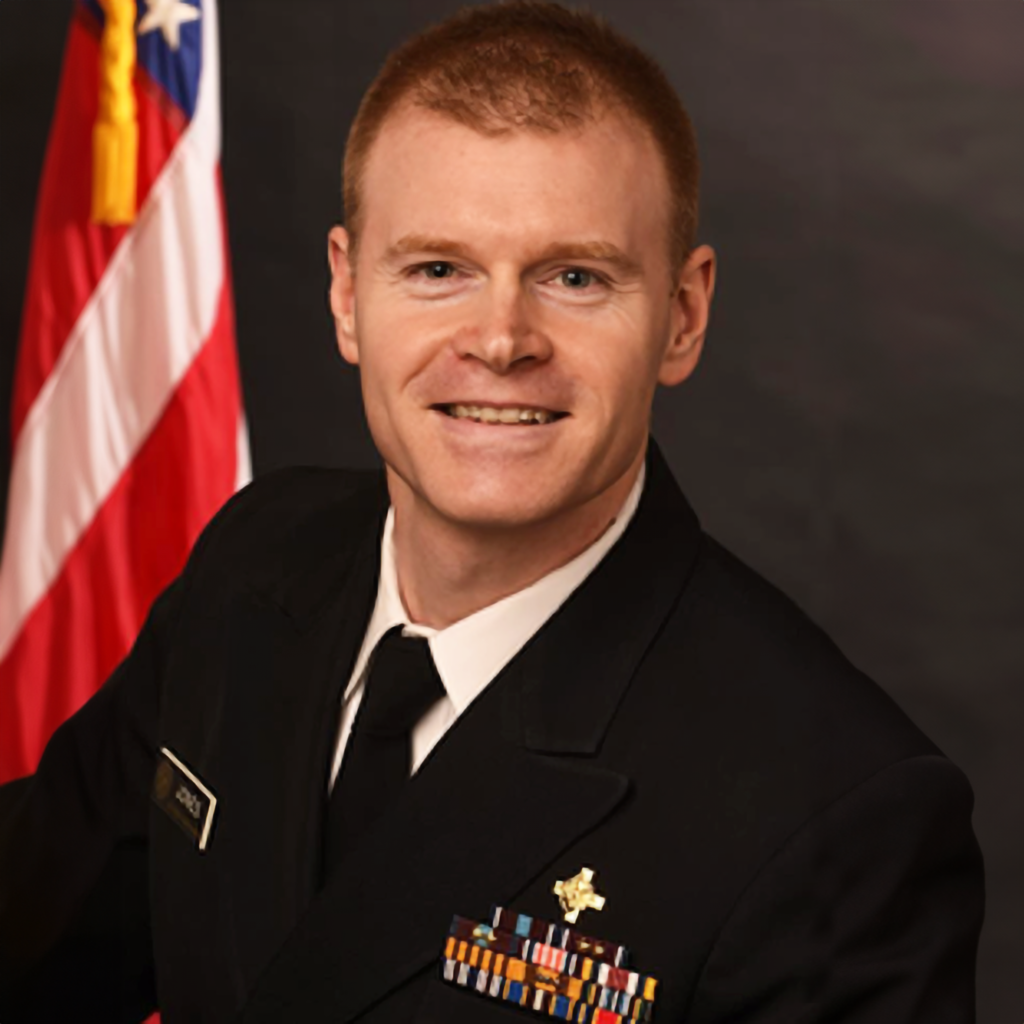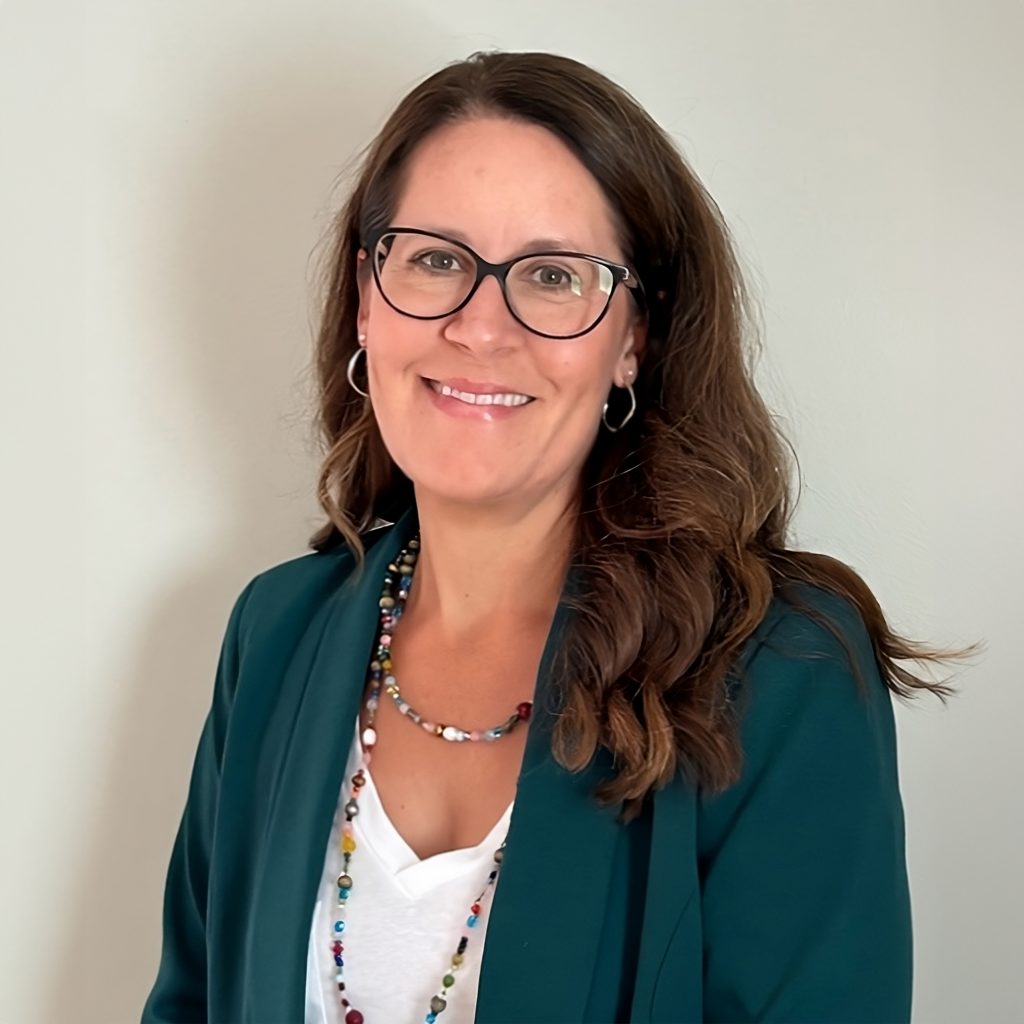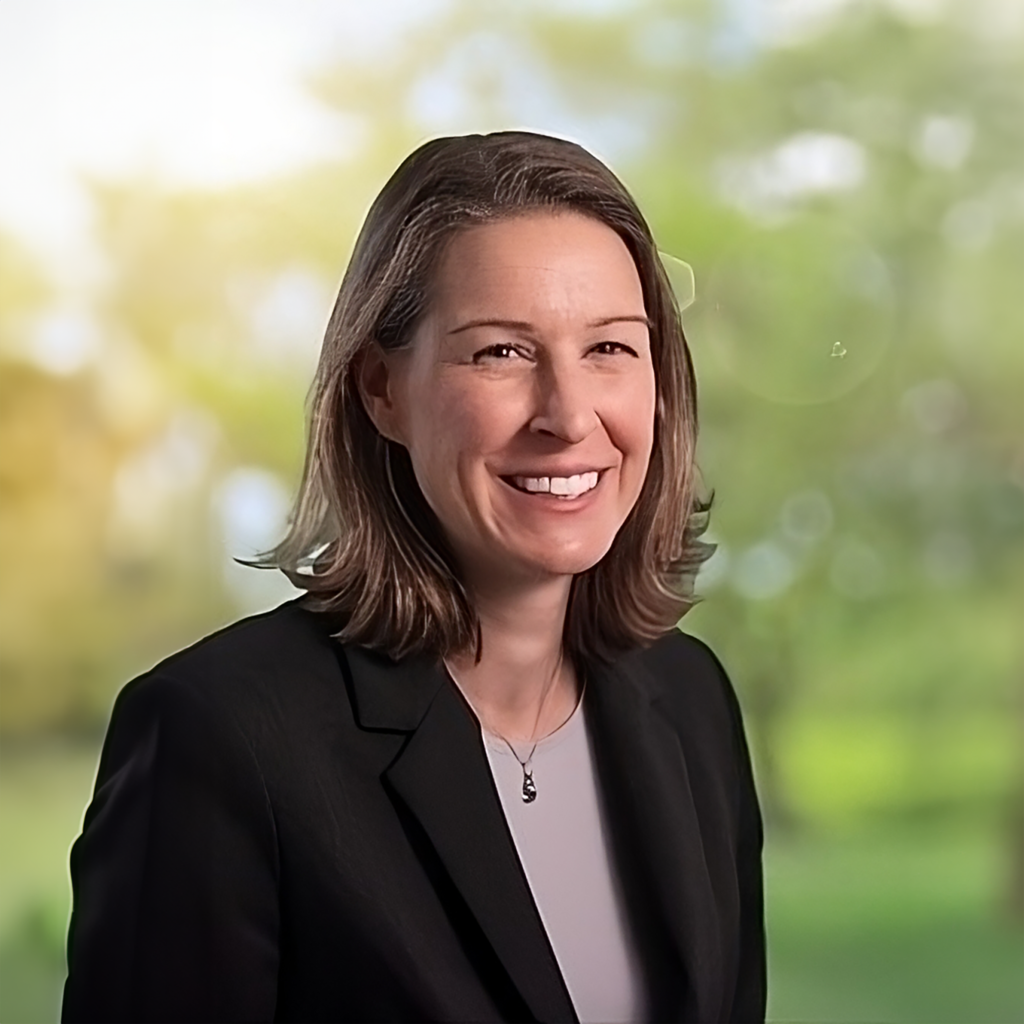
Plenary: Empowering Our Youth to Be Change Agents in Their Own Lives
Sheyann Webb-Christburg
Civil Rights Activist and Author of Selma, Lord, Selma
Ms. Sheyann Webb-Christburg was born on February 17, 1956 in Selma, Alabama. She grew up in a family of eight children and is the proud daughter of the late John and Betty Webb. She is a voice for justice, equality and self-achievement. Ms. Webb-Christburg is also known as a humanitarian, civil rights activist, mentor and youth advocate. She is the nationally known co-author of Selma, Lord, Selma: Girlhood Memories of the Civil Rights Days. Her book, which is now a Disney Movie, was nominated for Best Television Mini Series by the NAACP Image Awards in 2000. The movie depicts her childhood experiences with Dr. Martin Luther King, Jr., Hosea Williams, Jonathan Daniels, Viola Liuzzo and other civil rights leaders as the youngest eight year old civil rights activist during the Civil Rights Movement in Selma, Alabama in the 1960’s.
Sheyann was named the “Smallest Freedom Fighter” by Dr. Martin Luther King, Jr. At age eight, Sheyann would sneak out of her house to attend mass meetings. She also led the congregation in singing freedom songs. She was the youngest participant to take part in the historically first attempted Selma to Montgomery march known as “Bloody Sunday”. She also participated on the “Turn Around Tuesday March” and the successful march from Selma to Montgomery in spite of being threatened by her parents constantly.
Sheyann attended a segregated public school in Dallas County, Alabama until her junior high year when she became one of the first blacks to integrate an all white school. Sheyann says that her junior high years were among her most horrific years. She was pushed down stairs, called bad names, suspended from school and spat on; and nothing was done by the school administration. Because of Sheyann’s numerous encounters with racism and poverty, she has dedicated her life by assisting youth in America to build self-esteem, confidence, overcome adversity, and find real purpose in their lives. Her commitment to these goals began when she found KEEP Productions, a non-profit Youth Development and Mentoring Program.
Her involvement in the KEEP Productions Youth Development and Mentoring Program was created by Sheyann in 1980, which is a great motivational tool for her as a change agent. This program has been in existence for thirty-five years. It is designed for youth ages three through eighteen to enhance their personal growth, by building self-esteem in order that they will become strong leaders of tomorrow. This program also assists in the development of individual talents as well as to serve as a vehicle to help youth exhibit these talents to improve their self-image and increase their full potential for personal and career growth. She also works with adults ages 19 and up.
For more information view Sheyann’s website here.

Plenary: Adverse Childhood Experiences (ACEs) and Substance Use Prevention
Christopher Jones
CAPT, US Public Health Service Director
Christopher M. Jones, PharmD, DrPH, MPH (CAPT U.S. Public Health Service), is the director of the National Center for Injury Prevention and Control. Prior to becoming the director of NCIPC, Dr. Jones served as deputy director of NCIPC. In this role, he served as the primary scientific advisor to the NCIPC director and other senior staff on science issues in public health, clinical care implementation, epidemiology, biostatistics, economics, and behavioral science. In addition, he provided scientific leadership and strategic direction by overseeing the refinement of the scientific research agenda and coordinating the NCIPC strategic priorities of drug overdose, suicide prevention, and adverse childhood experiences.
As deputy director, he oversaw NCIPC’s Office of Science, Office of Informatics, Office of Strategy and Innovation, and Overdose Response Coordinating Unit. Before joining CDC, Dr. Jones served as the first director of the National Mental Health and Substance Use Policy Laboratory at the Substance Abuse and Mental Health Services Administration (SAMHSA). Prior to SAMHSA, Dr. Jones served as acting associate deputy assistant secretary for Science and Data Policy and director of the Division of Science Policy in the Office of the Assistant Secretary for Planning and Evaluation (ASPE) at the U.S. Department of Health and Human Services (HHS). During his career, Dr. Jones has served as senior advisor in the Office of the Commissioner at the U.S. Food and Drug Administration (FDA) and led the Centers for Disease Control and Prevention’s (CDC) drug abuse and overdose activities, where he focused on strategic policy development and implementation, engaging national and state partners, and conducting research to improve policy and clinical practice. In addition, he was detailed to the White House Office of National Drug Control Policy as the senior public health advisor, led the FDA’s Drug Safety and Risk Communication team, and served on the Science Team in the CDC’s Strategic National Stockpile.
He received a Bachelor of Science degree from Reinhardt College, a Doctor of Pharmacy degree from Mercer University, a Master of Public Health degree from New York Medical College, and a Doctor of Public Health in Health Policy from The George Washington University Milken Institute School of Public Health. Dr. Jones is a captain in the U.S. Public Health Service and has authored more than 100 peer-reviewed publications on the topics of substance use, drug overdose, adverse childhood experiences, and mental health.
For more information view Christopher’s website here.

Plenary: Marijuana/Cannabis Policies and Prevention Strategies in the Era of Legalization
Scott Gagnon
Certified Prevention Specialist, Associate Executive Director, AdCare Educational Institute of Maine, Inc., Director, New England Prevention Technology Transfer Center, Co-Chair, PTTC Network Cannabis Prevention Work Group
Scott has worked in the field of addiction prevention for over 15 years. He began his career as a program coordinator and evaluator for Day One, coordinating the youth mentoring program Natural Helpers along with staffing the Maine Gambling Addiction Network. He moved on to work for Healthy Androscoggin, where he coordinated the Drug-Free Communities grant covering all of Androscoggin County, Maine. Currently, he is the Associate Executive Director of AdCare Educational Institute of Maine, Inc. home to SAMHSA’s New England Prevention Technology Transfer Center, providing training and technical assistance to prevention professionals in the New England States.

Plenary: Marijuana/Cannabis Policies and Prevention Strategies in the Era of Legalization
Megan Scott
Megan is a native Californian who found her way to the East Coast through AmeriCorps. She received her master’s degree in Social Work from the University of Maryland discovering her love of public health during a field placement in the Public Policy Division of Planned Parenthood of Maryland. After moving to Maine, she was hired to be the Grassroots Organizer for the Maine Coalition on Smoking or Health and worked on the clean indoor air law that removed smoking from bars. Following that she was the Coordinator of the Maine Association of Prevention Programs where she worked to organize the substance use prevention field to amplify its voice around policy issues across the state. She left the field for several years to stay home with her daughters but stayed connected to public health through volunteer work advocating for the removal of toxic chemicals from everyday products and food through safer chemical policy. She joined the Substance Use Prevention Team at the Maine CDC in August of 2019 and led cannabis prevention efforts and managed several federal grants before being promoted to Program Manager in May of 2021. Megan now leads a team of six preventionists who are doing tremendous work for the state (and who love to celebrate their successes over French fries.)

Plenary: Marijuana/Cannabis Policies and Prevention Strategies in the Era of Legalization
Sarah Mariani
Section Manager, Certified Prevention Professional
Sarah Mariani is the Section Manager of the Substance Use Disorder Prevention and Mental Health Promotion Section within the Washington State Health Care Authority. She focuses on policy development and strategic planning to ensure effective service delivery and outcomes. Sarah obtained a bachelor’s degree in Sociology from Seattle University, followed by a year in AmeriCorps. She has worked in prevention for over twenty years including coalition-building, strategic planning, and training. Sarah joined the state of Washington in 2006, contributing to the development of multiple SUD prevention and MH promotion initiatives, including development of the Community Prevention and Wellness Initiative model. She is the co-chair for Washington’s State Prevention Enhancement Policy Consortium, serves as the NPN President, Washington’s NPN representative, NASADAD’s Board Vice President, and is on SAMHSA’s CSAP National Advisory Council. Sarah works each day to serve the families and communities of Washington.
